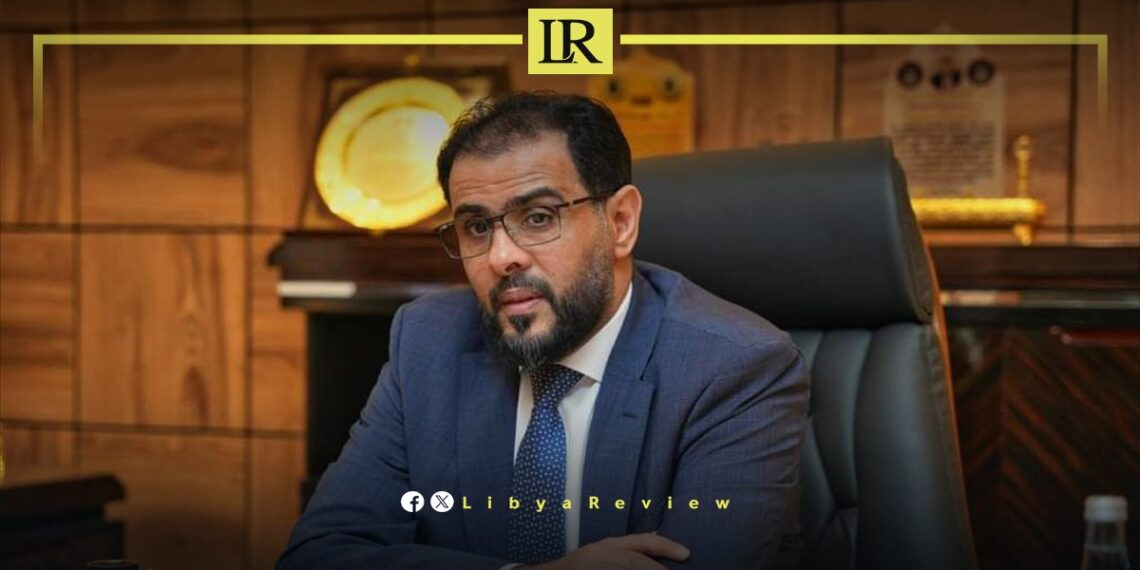Libyan Prime Minister-designate Osama Hammad, in a meeting with Youssef Al-Agouri, Chairman of the Foreign Affairs Committee of the Parliament, on Wednesday discussed streamlining Libya’s foreign diplomatic missions.
The government is seeking a 40% reduction in staff at embassies and consulates, particularly in countries where there are no substantial Libyan communities or significant economic exchanges.
Prime Minister Hammad emphasised the urgent need to cut down on the number of diplomatic missions to avoid unnecessary expenditures. This discussion followed the approval of the Foreign Ministry’s budget by the House of Representatives.
Moreover, the Prime Minister also met with the heads of the Committee on Energy, Natural Resources, and Economy at the House of Representatives. Hammad and Isa Al-Areibi deliberated over the swap operations involving crude oil and oil derivatives and their impacts on Libya’s finances.
The discussions included strategies to optimize oil refining operations to enhance fuel supply across all regions of Libya—east, west, and south—affirming the provision of fuel as a basic right for all citizens.
Adding to economic measures, Hammad met with Badr Al-Naheeb to review the implications of the recent parliamentary decision to impose a tax on dollar transactions, which directly affects citizens.
The Prime Minister reassured that the government is committed to mitigating the impact of rising prices by ensuring the availability of essential goods at subsidized rates.
The Libyan leader also stressed the importance of enhancing border controls in collaboration with the General Command of the Libyan Armed Forces to curb smuggling activities, ensuring that all parties fulfill their responsibilities towards the citizens.
This series of meetings underscores the Libyan government’s proactive approach to economic management and public service optimization, reflecting a commitment to economic stability and the welfare of its citizens.
Libya has been in chaos since a NATO-backed uprising toppled longtime leader Muammar Gaddafi in 2011. The county has for years been split between rival administrations.
Libya’s economy, heavily reliant on oil, has suffered due to the ongoing conflict. The instability has led to fluctuations in oil production and prices, impacting the global oil market and Libya’s economy.
The conflict has led to a significant humanitarian crisis in Libya, with thousands of people killed, and many more displaced. Migrants and refugees using Libya as a transit point to Europe have also faced dire conditions.


